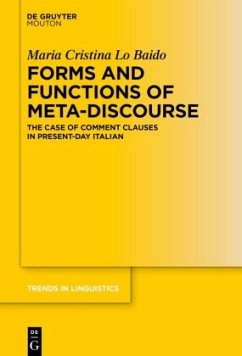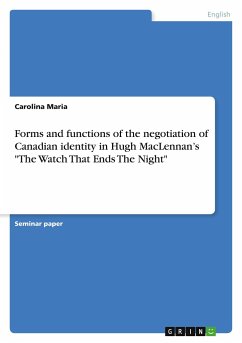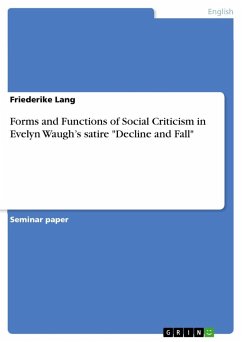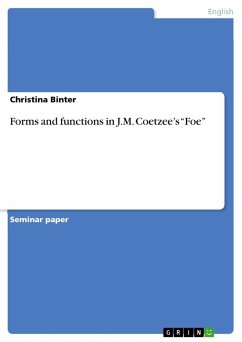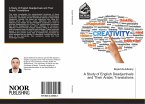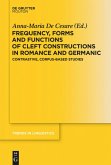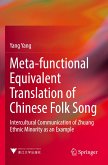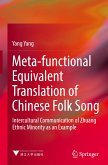This book constitutes the first systematic analysis of meta-discourse in the spoken domain, addressing the question of how, why, and when speakers switch from discourse to meta-discourse by means of comment clauses (e.g., 'I think'). The case of Present-day Italian is considered, exploring the internal properties of comment clauses (e.g., morphosyntax and semantics of the verb), their relations with the surrounding discourse (e.g., position of comment clause), and their prosodic profiles.
This study shows that speakers recur to meta-discourse to convey a non-random set of functions, having mainly to do with the online process of reference construction (e.g., approximation and reformulation) and with the degree of speaker's commitment (e.g., epistemicity and emphasis). Comment clauses are also used as attention-getting or topic-resuming devices, though less frequently. One of the most interesting results of this study is the identification of a close relation between meta-discourse and stance-taking in spoken domain, with speakers recurring to comment clauses to convey their attitude.
Finally, meta-discourse turns out to be highly influenced, if not constrained, by universal properties of the spoken domain (i.e., non-linearity).
This study shows that speakers recur to meta-discourse to convey a non-random set of functions, having mainly to do with the online process of reference construction (e.g., approximation and reformulation) and with the degree of speaker's commitment (e.g., epistemicity and emphasis). Comment clauses are also used as attention-getting or topic-resuming devices, though less frequently. One of the most interesting results of this study is the identification of a close relation between meta-discourse and stance-taking in spoken domain, with speakers recurring to comment clauses to convey their attitude.
Finally, meta-discourse turns out to be highly influenced, if not constrained, by universal properties of the spoken domain (i.e., non-linearity).

